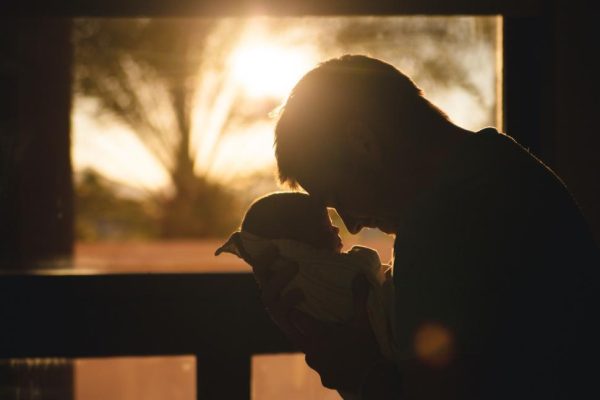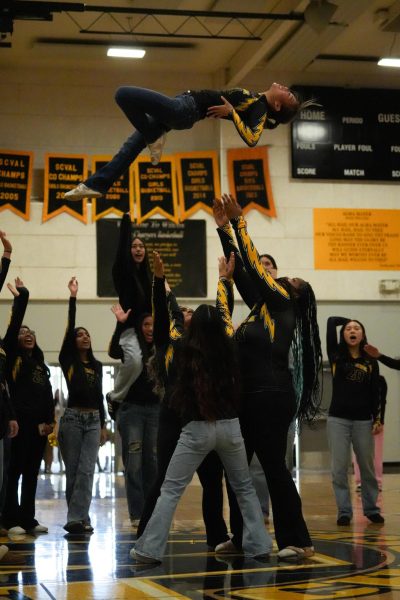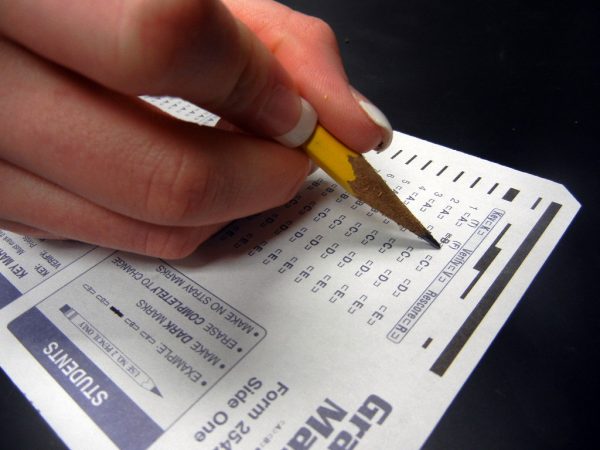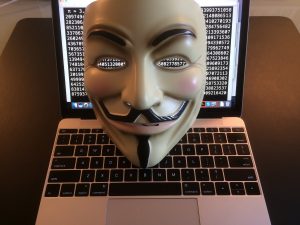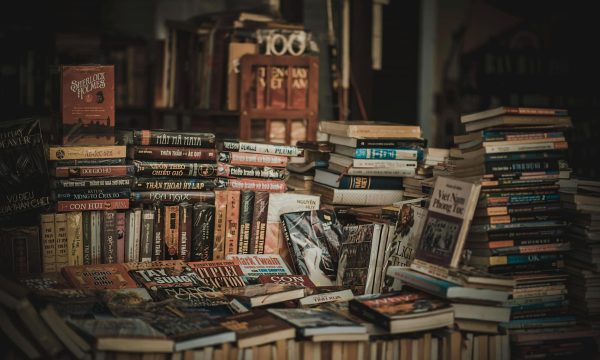New Anime Packs a Punch
One Punch Man is a manga by Yusuke Murata, and follows the life of Saitama—the protagonist and hero who vanquishes monsters that terrorize Z City with a single punch. He seeks out new foes of increasing caliber as he becomes bored with his immense strength. When we picture a superhero, we often conjure a gallant, tall person with sculpted muscles, an enigmatic personality, and the faith of the populace vested within them. Saitama challenges that description with his short stature, bald head, and nonchalant, mundane personality. But he is the most impactful, fictional hero that I—and many others—have read about or watched. In October of 2015, an anime adaptation was created and watching it with my siblings was one of the highlights of my winter break.
One Punch Man is the most hilarious anime I have ever seen. The unexpected personality of Saitama compared to those superheroes truly makes it unique and ironic. It often satirizes other anime that may feature cheesy dialogue, dashing men, and characters that “transform” into their vibrant costumes. The monsters also have a layer of humor with their human-like personalities and banter. For example, the first monster Saitama encounters, Crablante, was a human who took on crab-like physical features because he ate too many crabs. In addition, the supporting protagonist, Genos, also portrays an interesting twist on the usual crime-fighting, pretentious robot-human, as he has a sincere and curious nature.
I interviewed senior Luca Matsumoto, as he is a fellow One Punch Man fan. When I asked him how he felt about this anime, he poetically informed me that One Punch Man “dives into the true definition of what it means to be a hero.” To elaborate, Matsumoto asked, “If you know you possess the ability to beat everything with one punch, will you still find joy in being a superhero?” This beguiling question captures one of many deep nuances scattered amongst the humorous incidents of One Punch Man.
Matsumoto and I continued to converse about the deep lessons within this strange, mocking anime. He explains a connection he made from one of many heroes in One Punch Man, Mumen Rider, and the theme that “all heroes deserve to be recognized and commemorated.” Mumen Rider is a hero lacking supernatural capabilities. His “primary job” is to guide “innocent civilians into safety” while stronger heroes fight the rampaging monsters who reduce entire cities into rubble. He connected it to how ‘heroes’ often slip between the cracks of people’s appreciation, similar to how “mailmen can be heroes to everyone in modern society.” A mailman who has a seemingly innocent job—such as Mumen Rider’s—still has to “overcome steep hills, bumpy roads, and hazardous construction.” However, few people “thank the mailman for his job,” like Mumen Rider is seldom appreciated because he does not confront the monsters.
My siblings and I finished watching the first—and hopefully not last—season of One Punch Man within three nights, because it was that good. The printed manga series of One Punch Man is ongoing so I may consider reading it now or may cling to the hope that a second season of the anime might be released in the future. One Punch Man—with its unique depth, mocking humor, and seemingly normal protagonist—packs a jolting punch that wins my heart.

